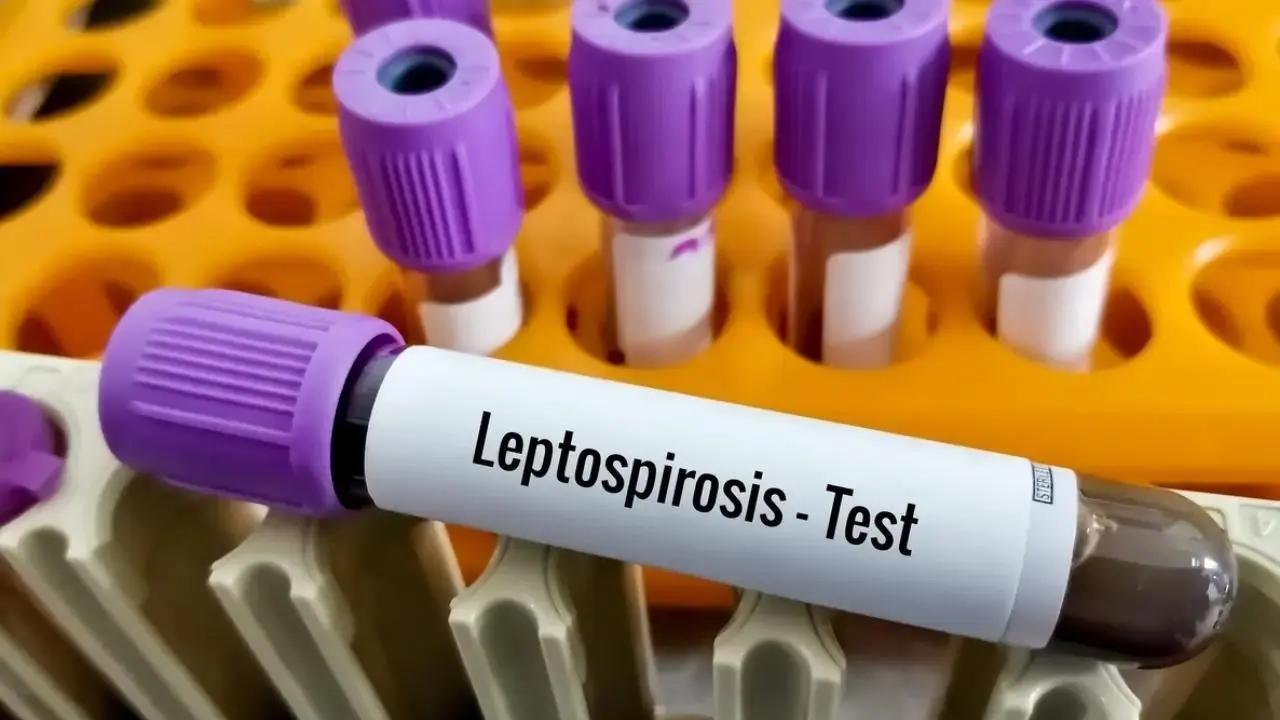Maharashtra reported 1,283 cases of leptospirosis so far this year, of which Mumbai reported around 94.93 per cent of cases

Representative image/iStock
Maharashtra reported 1,283 cases of leptospirosis so far this year, of which Mumbai reported around 94.93 per cent of cases.
ADVERTISEMENT
According to the data shared by the state government’s health department, of the total cases, a high caseload was reported in Mumbai (1,218 cases), Raigad (25 cases), and Thane (28 cases)
Most of the cases in Mumbai were reported during the monsoon season. While Mumbai reported 413 cases in July and 301 cases in August (during the peak of monsoon season), the number of cases reduced in this month by 61 cases till September 26.
According to the doctors, not many severe cases of leptospirosis can be seen in out-patient or in-patient wards.
Leptospirosis is a bacterial infection caused by Leptospira bacteria. It is transmitted to humans through contact with water or soil contaminated with the urine of infected animals, such as rats, mice, dogs, and livestock.
Speaking about the line of treatment, Dr Nikhil Kulkarni, Consultant-Internal Medicine, SL. Raheja Hospital, said, “The line of treatment includes putting the patient on antibiotics, and if hospitalised, the treatment procedure may involve intravenous fluids, medications to manage symptoms, and organ function monitoring.”
Dr Nikhil added, “Generally a spike of cases is seen when prolonged incessant rains occur in an area, with significant water logging in that area, where people may get exposed to water from overflowing drains mixing with accumulated rainwater. Hence seeking an expert opinion and taking a prophylactic antibiotic course helps to reduce incidence.”
Some preventive measures to prevent leptospirosis include the below:
- Do not swim in contaminated water bodies.
- Always wear protective gear like boots, gloves and raincoats to cover the body in the rainy season or while travelling to areas with cases related to this disease
- Wash hands thoroughly with soap and water after handling animals or potentially contaminated materials
 Subscribe today by clicking the link and stay updated with the latest news!" Click here!
Subscribe today by clicking the link and stay updated with the latest news!" Click here!







